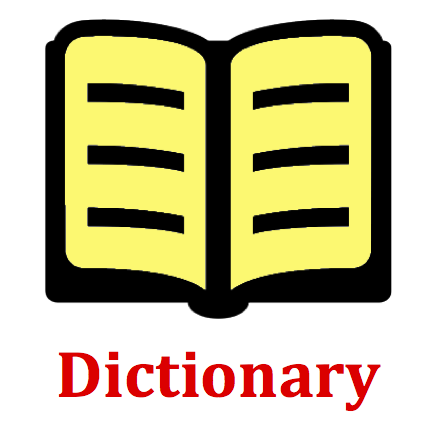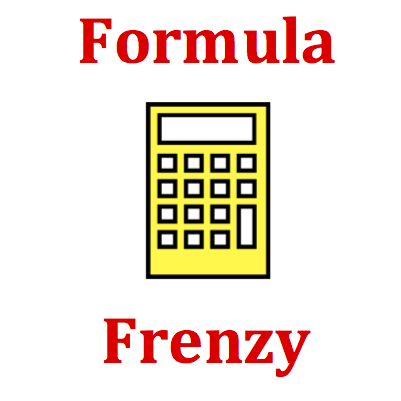Getting your Trinity Audio player ready...
Hold down the T key for 3 seconds to activate the audio accessibility mode, at which point you can click the K key to pause and resume audio. Useful for the Check Your Understanding and See Answers.
Mission EC3 Voltage, Power and Energy - Question Group 8 Help

When plugged into a 120-Volt outlet, a light bulb does 100 Joules of work each second that it is lit. What is the power of the light bulb?

Definition of Power:
Power is the rate at which work is done upon an object. As applied to electrical circuits, electrical power is the rate at which work is done upon a charge. The work done upon a charge results in a change in the electric potential energy of the charge. Thus, power can be defined in electrical terms as the rate at which a charge changes its electric potential energy.
Power is the rate at which work is done upon an object. As applied to electrical circuits, electrical power is the rate at which work is done upon a charge. The work done upon a charge results in a change in the electric potential energy of the charge. Thus, power can be defined in electrical terms as the rate at which a charge changes its electric potential energy.

Power (P) is the rate at which a charge changes its electric potential energy (∆E) as it moves from one location to another location. This can be expressed as
P = ∆E / t.
P = ∆E / t.

Light bulbs have a power rating. The power rating describes the rate at which the light bulbs uses the electrical energy of moving charge to produce light energy (and thermal energy). A 60-Watt bulb will consume 60 J of electrical energy per second of time when plugged into a typical U.S. outlet. As descried in the Formula Frenzy section, the power rating is simply the ratio of energy used per time of use.
